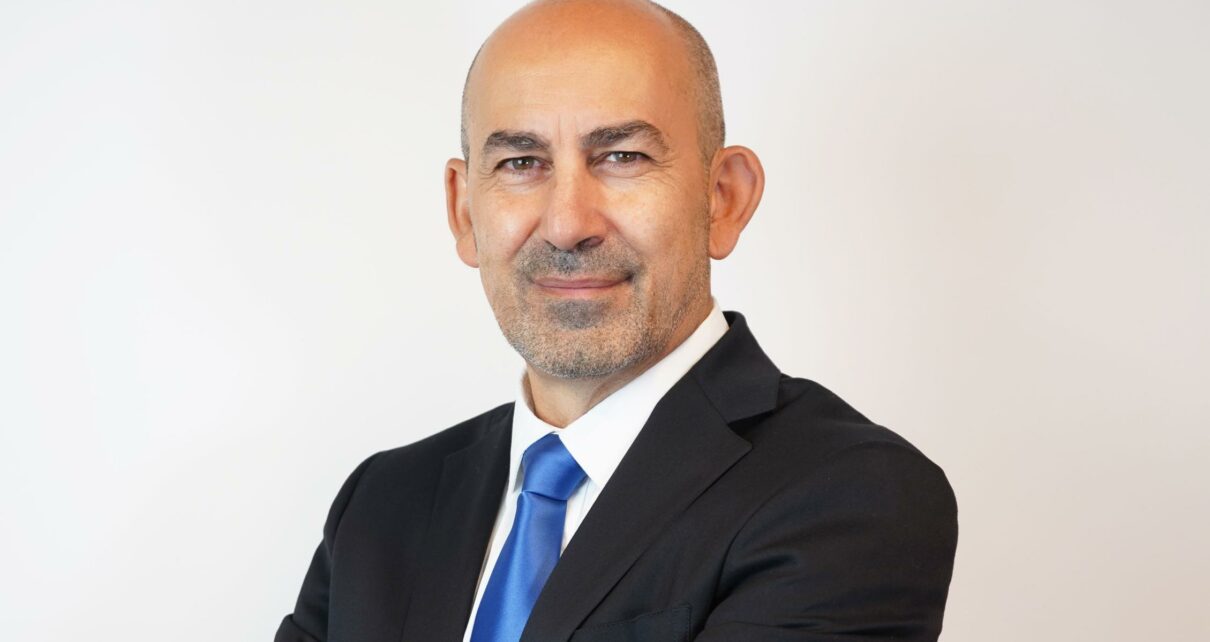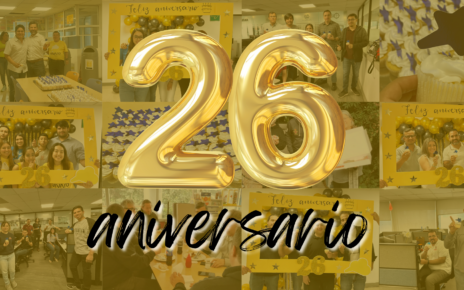When Vivaro’s CEO Gustavo invited me last June to take on the responsibilities for strategic planning of the Vivaro group, it did not take long for me to accept, with enthusiasm I would have to say. Leading strategy planning is a natural complement to my existing responsibilities in the areas of strategic alliances, new business and M&A (Mergers and Acquisition). This brings me back to my entrepreneurial roots; I love business strategy and have always been fascinated on how do we create companies and grow them.
Vivaro has evolved rapidly in recent years, expanding internationally and with new companies such as Vivaro Video and Liga ACE joining the group. Vivaro is now a large diversified group with presence in several industries (Telecoms, IT, Media and the real estate) and companies at different stages of their development. While Vivaro Telecom is an established company operating in a mature industry, Liga ACE is still a startup in the quickly and ever-changing eSports industry. Vivaro Digital is positioning itself as an enabler of digital transformation, a promising area that all companies will have to embrace. Vivaro Media and Vivaro Video have together immense opportunity as the Media industry continues its transformation from traditional television to on-line IP based media consumption.
At the group level our responsibility is to make sure each company has the necessary support to grow to its full potential … and beyond. Each Vivaro company faces unique challenges and opportunities which is the reason strategic planning is fundamental; it is the compass that sets the course and the destination, so we are always reminded of where we are headed.
What is Strategic Planning? I will give you some of my own definitions.
But first of all let’s talk about growth. Growth is the essential driver of enterprises, growth and more importantly profitable growth, is what makes our companies sustainable over time, what provides for professional and personal development for each of us, what creates value to our shareholders, what bring resources to explore new industries and try new ideas.
When discussing strategy growth is at the heart of the conversation, and the simple (and at the same time difficult question) we are asking ourselves is what the best ways are to achieve it. This means understanding very well the market and trends, the capabilities of the company and its position vis-à-vis competition and selecting the path and opportunities that will create profitable growth while at the same time protecting the business from new or existing competitors.
Strategic planning can be compared to planning a trip, except that who is travelling is not the person but the company! In essence it involves the same steps:
• First you select the destination, where do want to go?
While in a trip you select a vacation destination based on its fun appeal, in business terms you select how you want your company to be positioned in the future for the best available growth opportunities, this could be a geographic market, a specific market segment, customer trends or capitalizing on new technologies. A very important part of this exercise is also deciding where you don’t want to go (for example stopping investments in certain markets). Keeping focus and avoiding non practical or out of reach goals is fundamental.
• Next you determine how will you get there.
In a trip you would select a combination of transport means such as planes, cars, etc … In business terms it’s a series of actions (which together conform “the strategy”) that will get you to your business destination. These can be decisions to develop a new product/service, open branches, invest in new capabilities or assets, or look for a strategic alliance.
So strategic planning involves both defining the objectives (strategic objectives) and defining the path to get there (the strategy). Usually the time scope is 3 to 5 years, with regular updates and reviews. While strategic objectives are set targets, being able to keep flexibility and adjusting the course to changes in the marketplace is fundamental.
Planning implies being able to picture events in time and also being able to project how the markets and industry will evolve in the future. This view in the future, that comes from market studies and the experience and vision of senior management is absolutely essential. As we look to the future, our thinking must always be set on the mission of the company; this is the reason strategic planning sessions usually start with a revision of both the mission and the vision.
But what is a good strategy? There are several attributes that make up for a good strategy, some of them come naturally, such as having a differentiated strategy (basis for creating unique value propositions) or having a strategy consistent with company’s capabilities. Strategy must be transformational; it needs to impact the structure of the business over time.
I have always been a big fan of the KISS principle: Keep It Simple and Stupid! Strategy has to be well thought out but it does not need to be overly complicated. Simple strategies are easier to communicate, easier to coordinate which in turn makes them easier to implement. Early at Vivaro Media, one of the key questions was where we should deploy our media fiber network. After some debate, we agreed that the network was to be deployed in South America. This simple decision provided the basis for Vivaro Media’s development in its first years of existence and its recognition in the marketplace.
But no matter how good a strategy is, strategy without execution is useless. It is well known that an average strategy well executed gets you much farther than a good strategy poorly implemented. To succeed in executing the strategy, coordination and alignment between the different areas in the company is paramount. Internal alignment of objectives and efforts is achieved through open communication, acting consistently with our corporate values and regularly measuring progress towards our goals at all levels of the organization.
Vivaro Telecom, Vivaro Digital and Liga ACE have completed recently their strategic planning sessions and the goal now is to monitor progress on the execution. Vivaro Media and Vivaro Video have been thriving recently on business strategies that were defined during the pandemic; one of our goals for 2023 will be to look at our strategy for the coming years. I look very much forward to work with Directors and leaders at each Vivaro company on our strategies to continue building a stronger and far reaching Vivaro Group
If you would like to talk strategy and business, don’t hesitate to get in touch!
Lionel Bentolila
Executive Group Director, Strategy & New Business



